Industry
India rejects WTO draft fishery subsidies agreement
India has rejected the World Trade Organization (WTO) latest draft on the proposed fishery subsidies agreement, with sources saying it was weak, unbalanced and favored developed countries.
The sources also said that India completely supports the proposed pact for disciplining fishery subsidiaries, but has to be balanced and gives a policy space for future to developing nations and where fishermen are poor.
Ambassador Santiago Wills of Colombia, Chair of the Negotiating Group on Rules, introduced a revised draft negotiating text on fisheries subsidies on November 8. The negotiations are aimed at prohibiting certain forms of fisheries subsidies that contribute to overfishing and overcapacity and eliminate those subsidies that create illegal, unreported and unregulated fishing.
“We find that the current text has been drafted in a manner that there will be a status quo for large fishing nations. We see that the current text is weak, it is not a balanced text. It is totally in favor of the advanced fishing countries,” sources said. They highlighted that the way the current negotiations have happened has moved away from sustainability and its goals have taken a back stage.
“India and other developing countries are trying to point out the inequalities and the unfair nature of the text, and we are trying to secure our own interest in these negotiations,” they said adding India is trying to be in touch with other likeminded countries including developing countries who would share similar concerns and stand. India is suggesting that those countries which are engaged in distant water fishing and beyond their natural geographic area should stop giving subsidies for 25 years in fishing areas beyond their exclusive economic zones (200 nautical miles).
And unlike rich nations, which provide billions of dollars of subsidies to their fishermen, India’s subsidy amounts to only around Rs 1,000 crore. China, EU, the United States, Korea and Japan provide USD 7.2 billion per annum; USD 3.8 billion; USD 3.4 billion; USD 3.18 billion and USD 2.8 billion subsidies per annum respectively.
Also Read: Tax cuts on fuel positive development: RBI Governor
India mainly provides subsidies on fuel, boats and others. The major points that India is insisting through its proposals include need to have policy space to develop fishery sector in the years to come; sought carve outs up to EEZ; 25 year of transition period and special and differential treatment as integral part of this pact. India has also maintained that countries that have provided huge subsidies for unsustainable fishing should first take the responsibility of significantly cutting down those harmful support measures which are leading to overfishing.


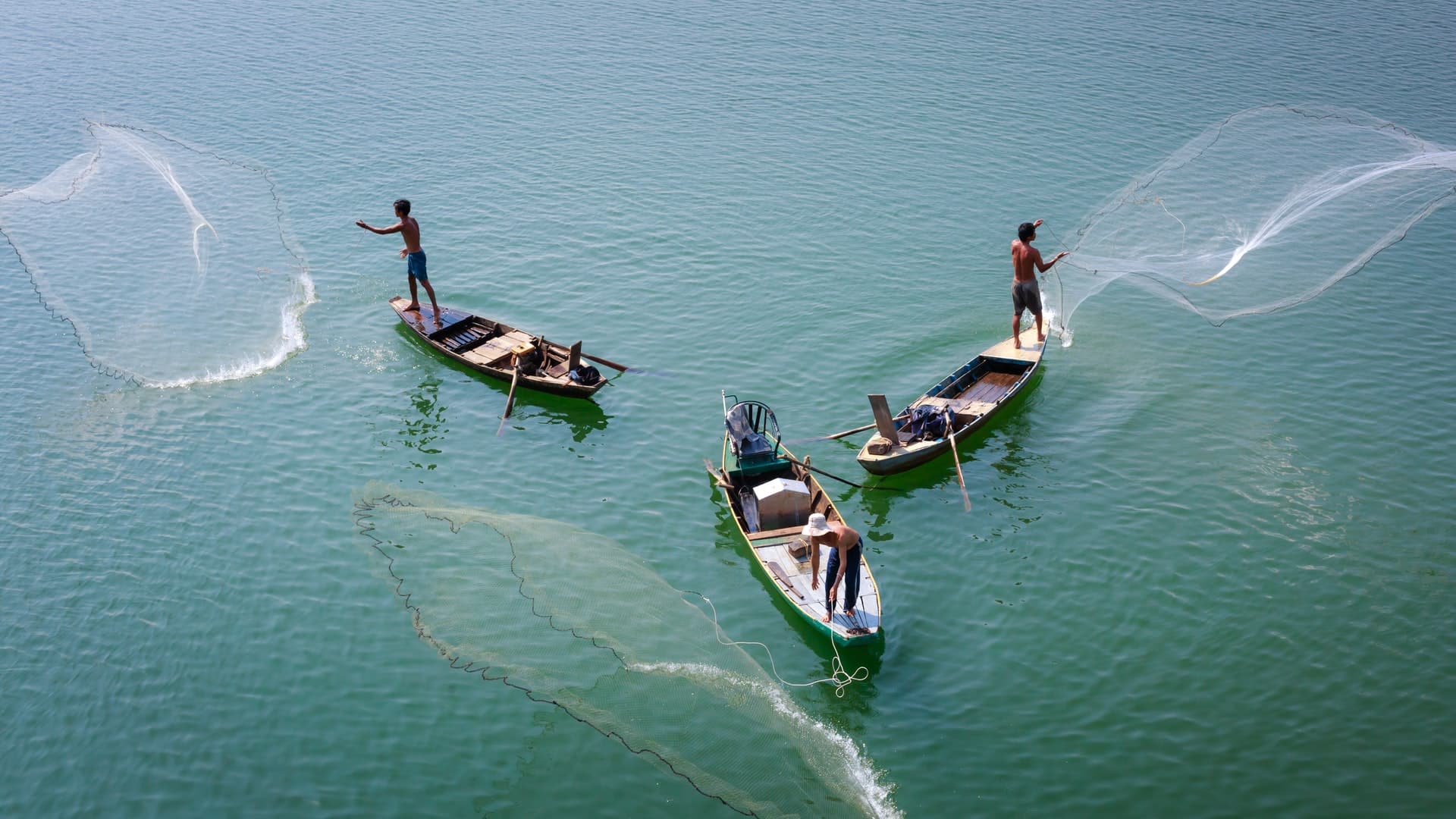
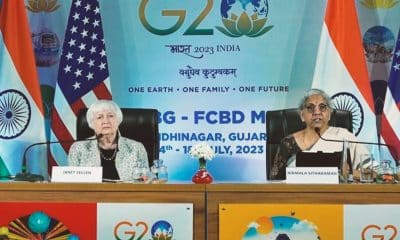
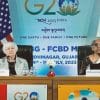
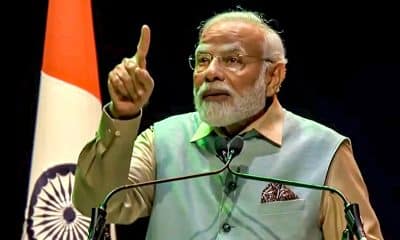
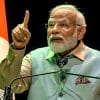




































Pingback: TravClan is now moving rapidly into a new normal of travel operations.